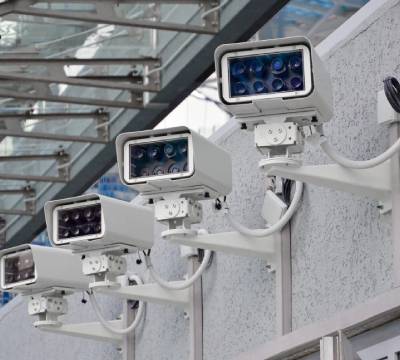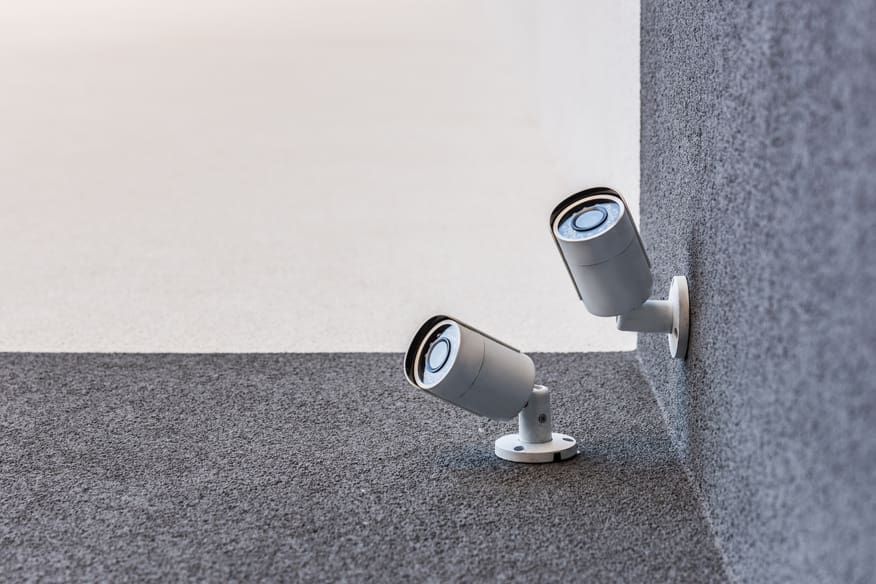Commercial Security Systems
What Is Commercial Security Systems?
Commercial security systems are more robust than standard protections for businesses. An adequately maintained security system benefits companies who plan and take the time to create a 360-degree security system, guarding every square inch of the property.
Top-quality commercial security goes beyond the essential elements of alarms, locks, and cameras. There is much more to coordinate, and some tools don’t necessarily integrate automatically and require customization.
Overall, installing commercial security demands a concerted, well-thought approach. Not every business has to account for the same level of risk.
How Commercial Security Systems Work After Installation
Alarm systems might include new features like fire detection, which would require an installation partner with the depth of knowledge to integrate the two.Video surveillance systems are similar in that respect. They must tie into access controls, alarms, and fire detection if they malfunction or go offline.Taking advantage of professional integration services is the best commercial security strategy.
What Types Of Businesses Need A Commercial Security System?

For example, a mobile network provider’s data center would need a massive, intricate commercial security system due to their services’ sensitivity. A single compromised data center can knock an entire region offline in a worst-case scenario and cost the company billions in lost revenue and brand reputation.
On the other hand, a medium-sized manufacturing facility doesn’t have to worry about an intrusion affecting millions of customers simultaneously. They mainly have to secure the property to prevent vandalism, theft, or damaged machinery.
It all depends on a company’s risk profile since individual businesses suffer more criminal mishaps than others.
This article outlines the standard components of a robust commercial security system and finding a partner if businesses are ready to take the next step.
Vital Elements Of Commercial Security Systems – A Six-Part Blueprint
Perimeter security
Alarms
Access control
Video Surveillance
Integrated systems
Perimeter Security
Businesses can secure the perimeter of their property using many techniques. Rudimentary perimeter security protections include fences, walls, and operated gates. While these protections are a good starting point, commercial security systems are more intricate. Companies can increase deterrence by creating physical, electrical, or even psychological barriers that make bad actors think twice before committing a crime or trespassing. Perimeter security entails four overarching concepts:
Deter
Defend
Detect
Delay
Perimeter Security
Key cards or fobs
Access badges
Passcodes or PINs
Iris recognition
Fingerprint recognition
In-person staff monitoring
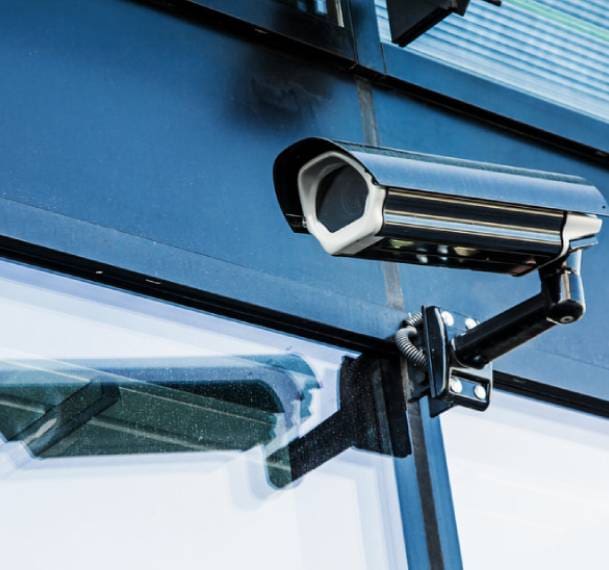
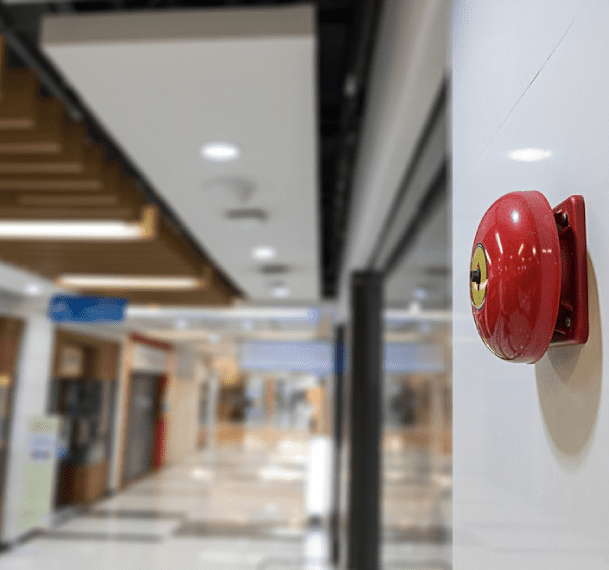
Alarms
Alarms can be the wireless type or the wired type, and installation varies tremendously based on the building’s size, risk level, and incidence response protocols.
For instance, an audible alarm makes no sense when the idea is to detect an intruder silently. Loud alarms primarily deter further criminal activity once it’s already in progress.
Any alarm system is only as effective as the technology that triggers alerts.
Fire Prevention
Fire prevention systems work by detecting minute amounts of smoke, heat, flames, or carbon monoxide. But instead of specific types of alarms, many modern fire prevention systems feature multi-sensor technology.
Also, it’s standard and sometimes required by a US state to install manual call points that employees can trigger in an emergency.
Video Surveillance
That’s why system integration matters so much today. Each security technology is only useful when installed, maintained, and managed well. Installing video surveillance systems is where many companies begin. It’s the most transparent way to show that security remains top of mind.
Integrated Systems
The fact is that certain technologies don’t automatically integrate into a single system. They may be proprietary solutions that only one vendor provides.
System integration is arguable the most critical and challenging component because a commercial security system won’t be effective without it.
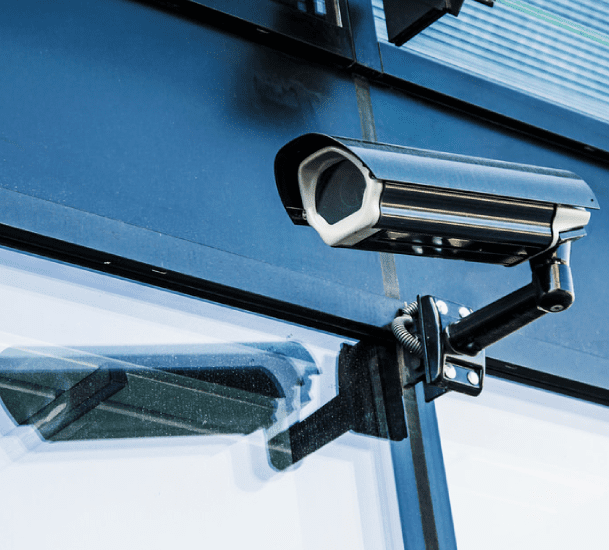
Nationwide Communications Services

Services include:

